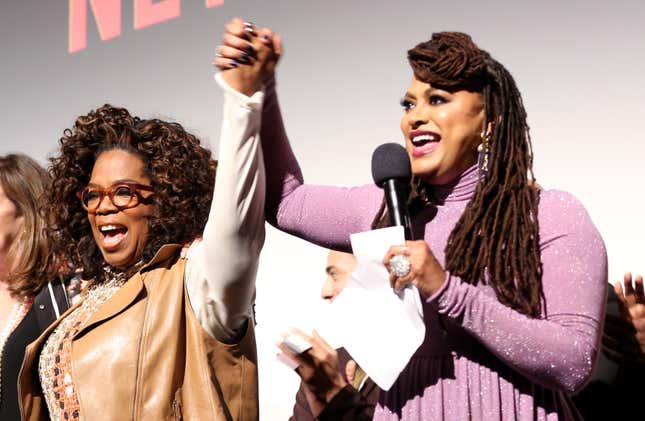
Hey, Happily Marrieds with Children, no need to pity the single, childless women in your lives. As it turns out, their life choices may be literal lifesavers.
As reported by The Guardian, top behavioral scientist Paul Dolan, a professor of behavioral science at the London School of Economics, recently told the audience at last weekend’s U.K.-based Hay literary festival that when it comes to marriage and children, men benefit more than women. *cue the shock and awe*
“We do have some good longitudinal data following the same people over time, but I am going to do a massive disservice to that science and just say: if you’re a man, you should probably get married; if you’re a woman, don’t bother,” he said.
Dolan is the author of the recently published Happy Ever After: Escaping The Myth of The Perfect Life, which cites data from the American Time Use Survey (ATUS). The ATUS “compared levels of pleasure and misery in unmarried, married, divorced, separated and widowed individuals,” writes The Guardian. The evidence indicated that since men tend to become calmer and less risk-adverse as husbands and fathers, their life expectancy increased. The same was not true, unfortunately, for women.
“[Men] take less risks, you earn more money at work, and you live a little longer,” said Dolan at Hay Festival. “She, on the other hand, has to put up with that, and dies sooner than if she never married. The healthiest and happiest population subgroup are women who never married or had children.”
Does that mean we should stop pursuing relationships or families, and instead check on all of our married girlfriends, to see if they’re okay? Of course not—and any single, childless woman who wants desperately not to be either knows that wishing and hoping can get pretty stressful, too. But what Dolan is suggesting is that we stop glorifying marriage and children as the be-all and end-all, because for women, there’s more than a little bright side to living single.
“You see a single woman of 40, who has never had children—‘Bless, that’s a shame, isn’t it? Maybe one day you’ll meet the right guy and that’ll change,’” Dolan quipped.
“No, maybe she’ll meet the wrong guy and that’ll change. Maybe she’ll meet a guy who makes her less happy and healthy, and die sooner.”
Of course, Dolan’s hypothesis supports the real-life testimonials of happily single aunties like Oprah and Tracee Ellis Ross, both of whom have openly discussed their contentment with their lives, sans husbands and kids. It simply isn’t for everyone—nor should it be.
“I’m constantly asking myself questions, reminding myself, ‘Are you making that decision for you or someone else?’” the 46-year-old Ross shared in a 2018 interview with the Sunday Times Style (h/t The Hill). “The husband and the babies are the expectation of what’s supposed to happen at a certain point, and people fall back on, ‘Well, that’s the point of the human species, procreation.’ And I’m like, ‘I think there are a lot of babies, isn’t that part of what’s going wrong, there’s too many?’ Some people could be working on the world being a better place, or just being happy.”
Real talk? I feel so seen.
Ross, Oprah and I are not alone; recent data from the Centers for Disease Control and Prevention revealed that in 2018, U.S. birth rates hit their lowest point in decades. Another study from Bentley University found that millennials are increasingly opting out of marriage.
Maybe the kids are onto something us auntie-types are increasingly making peace with: happy endings can come in all types of packages.

